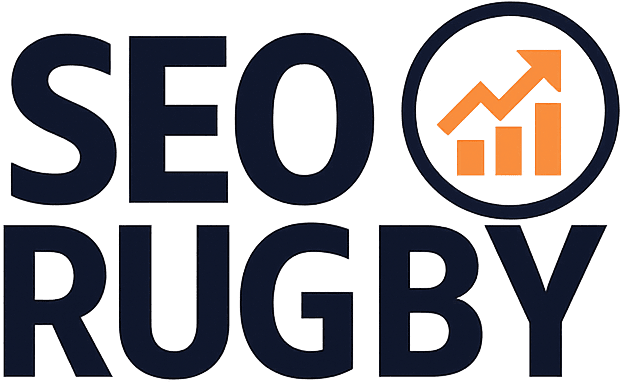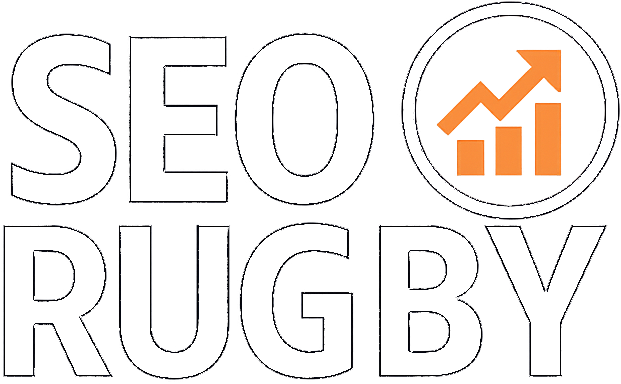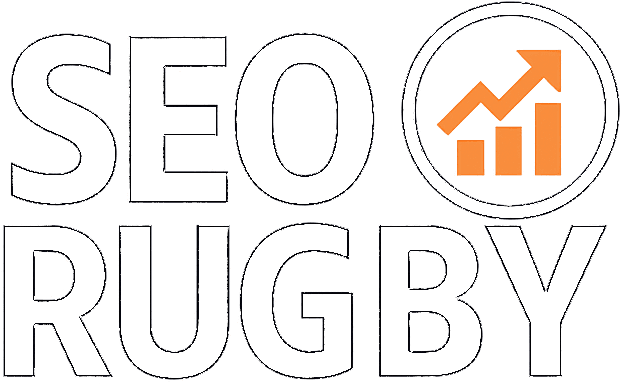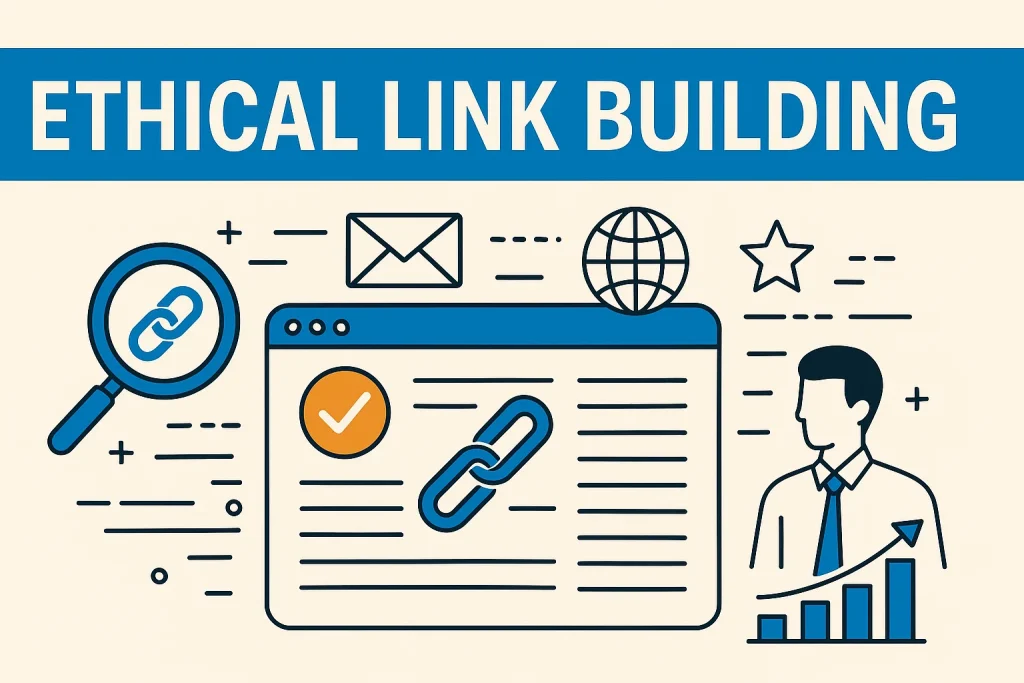Ethical Link Building in 2025: A White-Hat SEO Strategy That Works
White-hat SEO techniques help local businesses build lasting authority online.
What Is Ethical Link Building?
Ethical link building is the practice of acquiring backlinks in ways that fully comply with Google’s Link Spam Policy.
Also known as white-hat link building, this approach focuses on value, relevance, and trust—not manipulative tactics or shortcuts.
At SEO Rugby, we help businesses across Warwickshire build sustainable SEO strategies by creating content that earns links naturally. No dodgy link farms. No fake guest posts. Just real results.
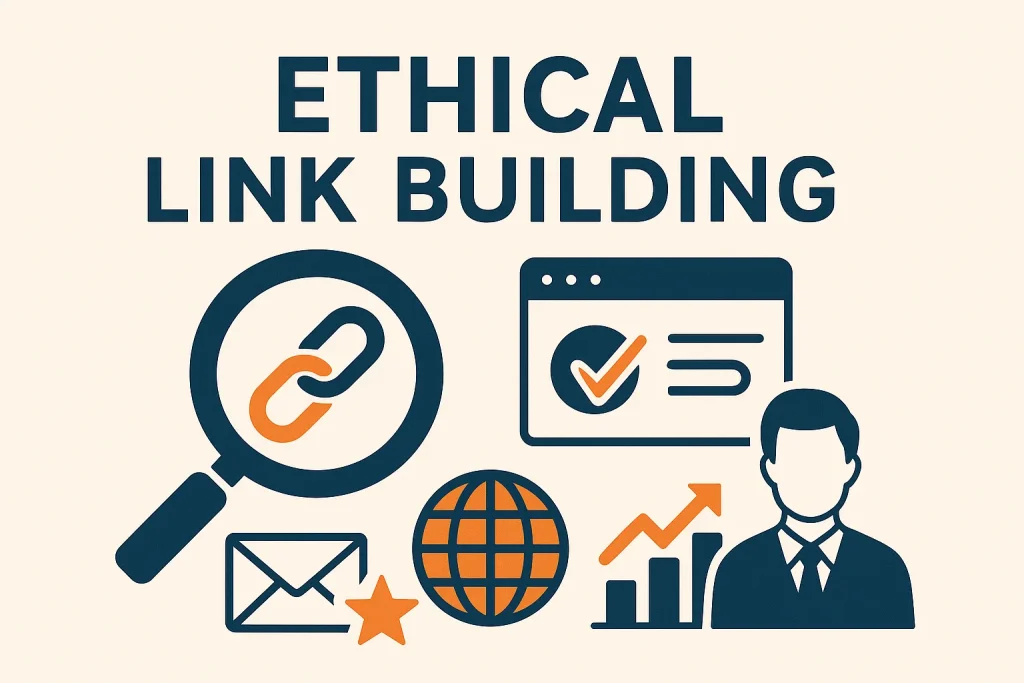
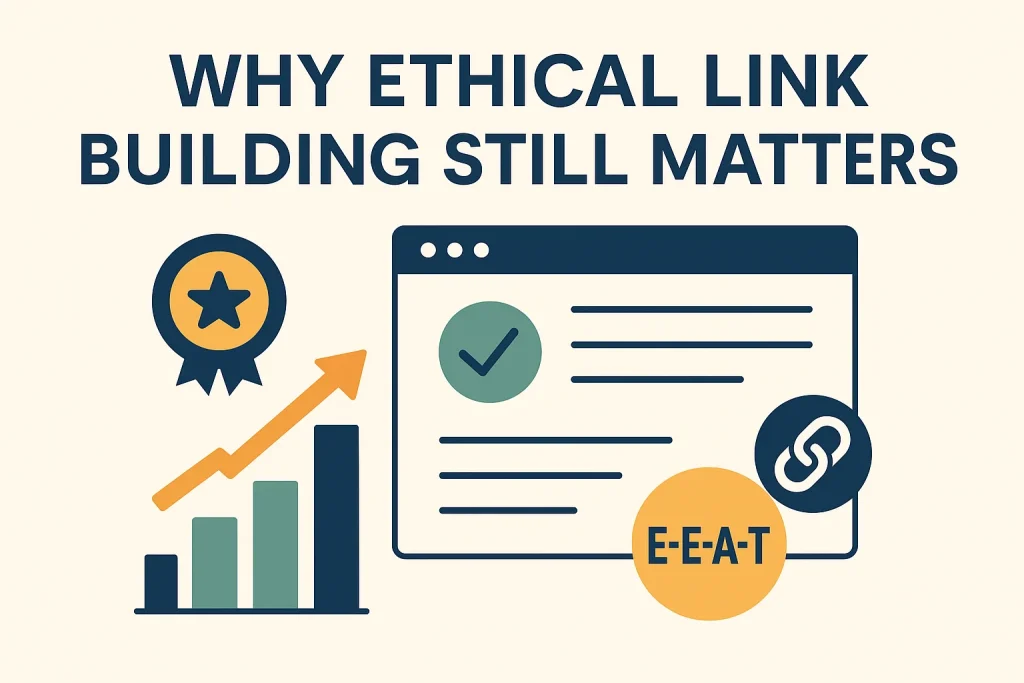
Why Ethical Link Building Still Matters
Google’s algorithms have evolved to reward high-quality, helpful content—and penalise spammy links.
Ethical link building helps you:
- Build domain authority and credibility
E-E-A-T
- Future-proof your site against algorithm updates
- Attract traffic that converts
Backlinks are still one of the top three Google ranking factors—so getting them right matters.
5 Ethical Link Building Techniques That Work in 2025
1. Create Link-Worthy Content
The most effective links come naturally when you publish useful, original content.
Some great linkable assets include:
- Guides like our Internal Linking Strategy Guide
- SEO checklists, tools, and templates
- Localised content like Website Design in Rugby
- Case studies and success stories
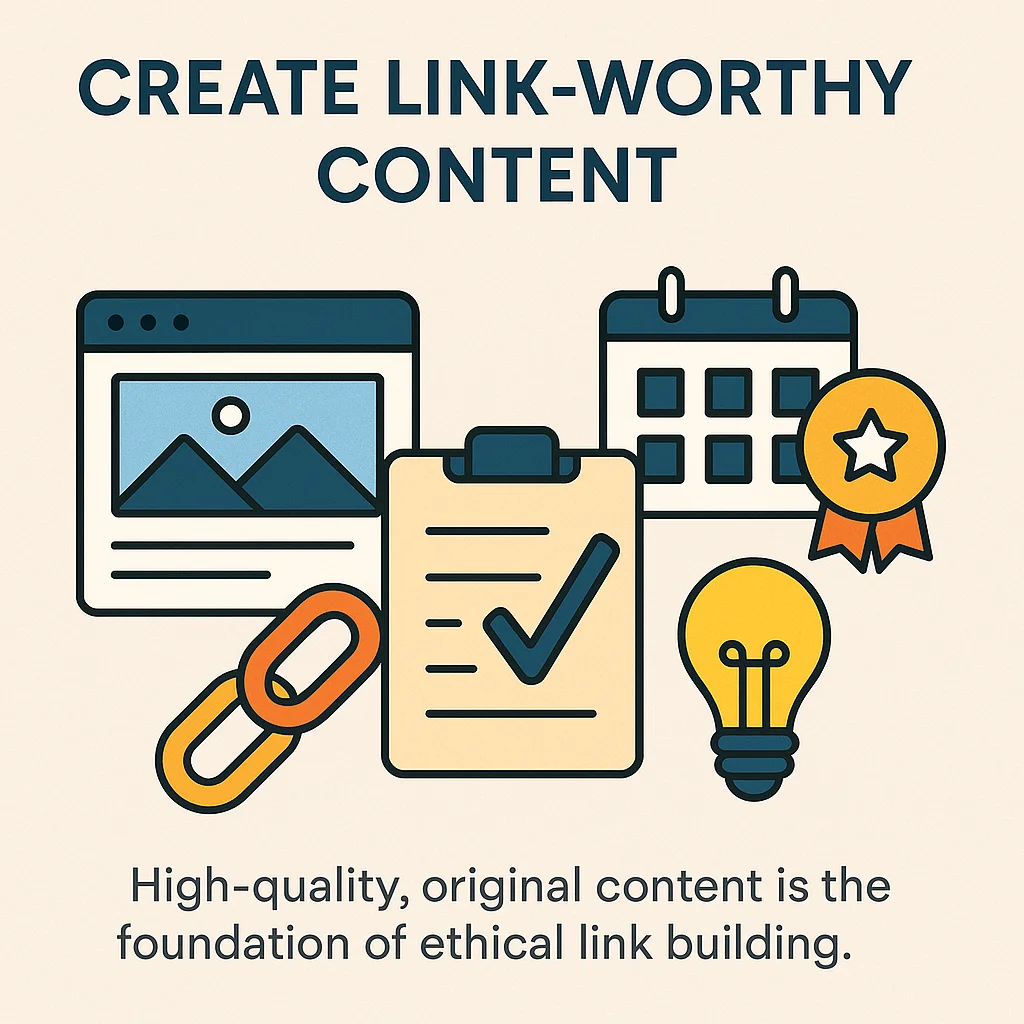
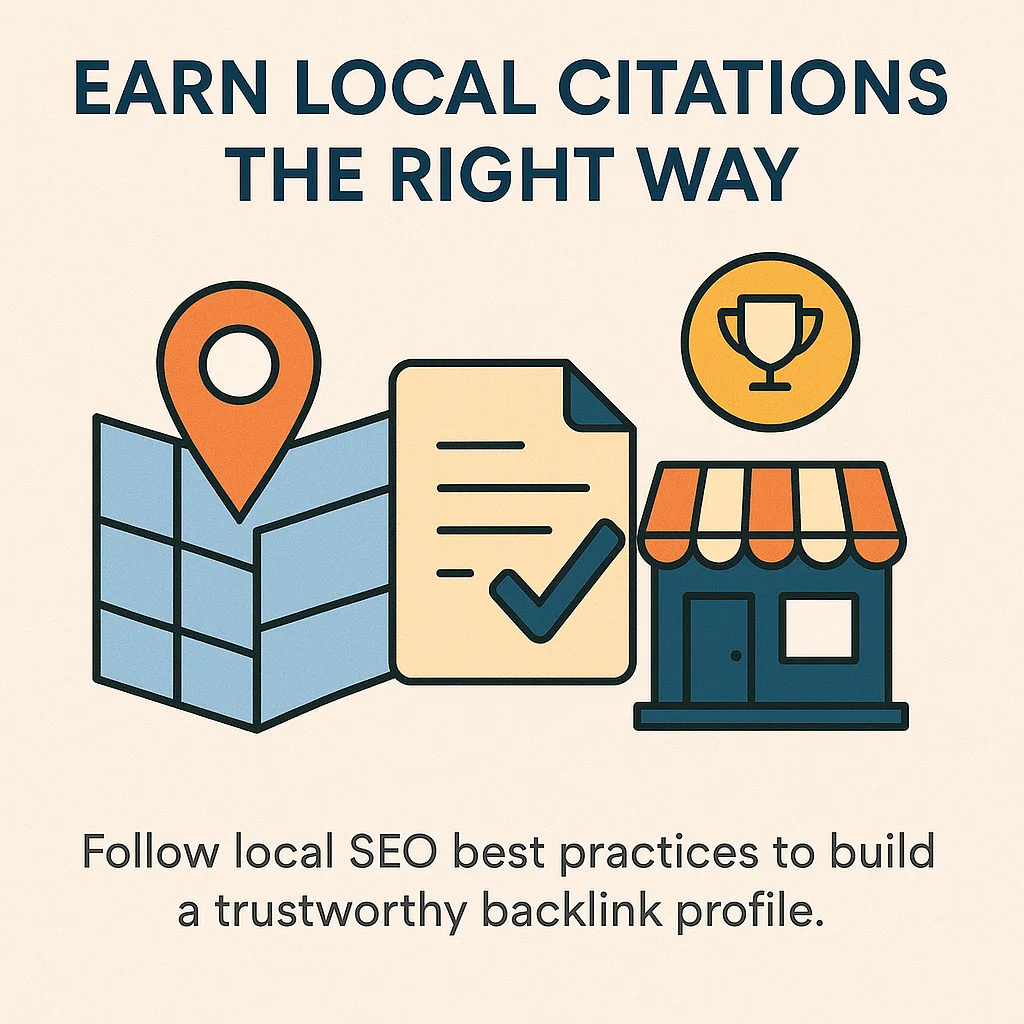
2. Earn Local Citations the Right Way
For local SEO, citations are crucial.
Add your business to reputable directories such as:
Use consistent Name, Address, and Phone details, and avoid low-quality or reciprocal-link schemes.
3. Contribute to Authoritative Websites
Guest posting remains powerful—if done right.
Target sites that are:
- Relevant to your industry or local market
- Have high domain authority
- Use no-spam policies and editorial standards
Don’t use keyword-stuffed anchor text.
Instead, link with branded terms or natural phrases.
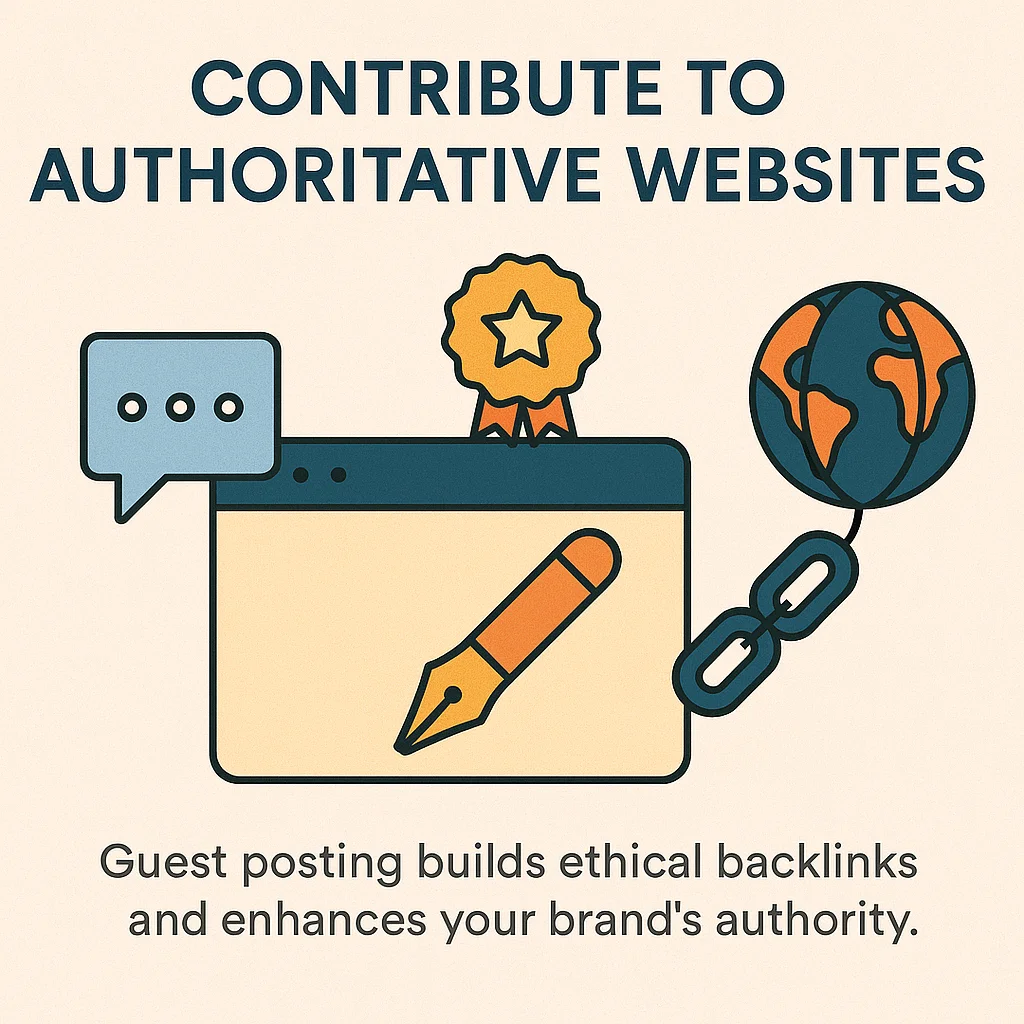

4. Use Digital PR and Expert Outreach
Use tools like HARO or JournoLink to connect with journalists seeking expert insights.
Submit real stories, original data, or unique commentary to earn backlinks from reputable news sources.
5. Strengthen Your Internal Linking
Before seeking external links, optimise your internal structure.
A good internal linking setup improves SEO and helps Google understand your site’s content hierarchy.
Learn how in our Internal Linking Strategy Guide.
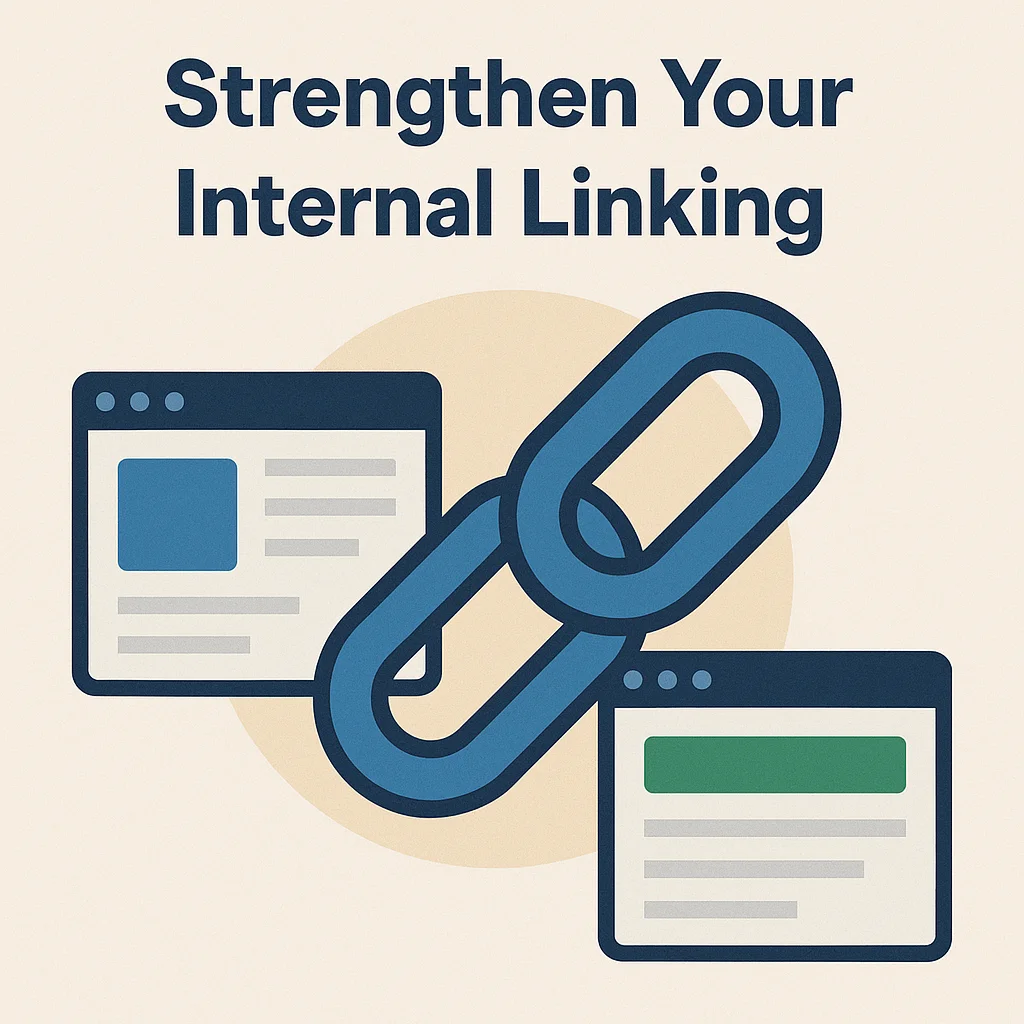
What Not to Do: Link Building Tactics to Avoid
Some link building methods are not only outdated—they’re dangerous. Avoid:
- PBNs (Private Blog Networks)
- Buying links (unless nofollow and clearly labelled)
- Reciprocal link exchanges
- Low-quality directories
These can result in manual penalties, deindexed pages, or long-term ranking damage.
Stick to white-hat SEO to avoid costly recoveries.
FAQs About Ethical Link Building
What is the difference between ethical and unethical link building?
Ethical link building follows Google’s guidelines and earns links through value.
Unethical methods involve spam, automation, or deception—and can get your site penalised.
Are all paid links bad?
No, but they must be labelled as sponsored or set to rel="nofollow" or rel="sponsored" to comply with Google’s policies.
Transparency is key.
Is internal linking part of ethical link building?
Yes. Internal links help distribute authority across your site and are a core part of SEO best practices.
See our Internal Linking Guide to get started.
Can SEO Rugby help with white-hat link building?
Ready to Build Better Backlinks?
Let’s grow your rankings and reputation—without cutting corners.
Get in touch or explore our Link Building Strategy services to see how we do it ethically and effectively.
